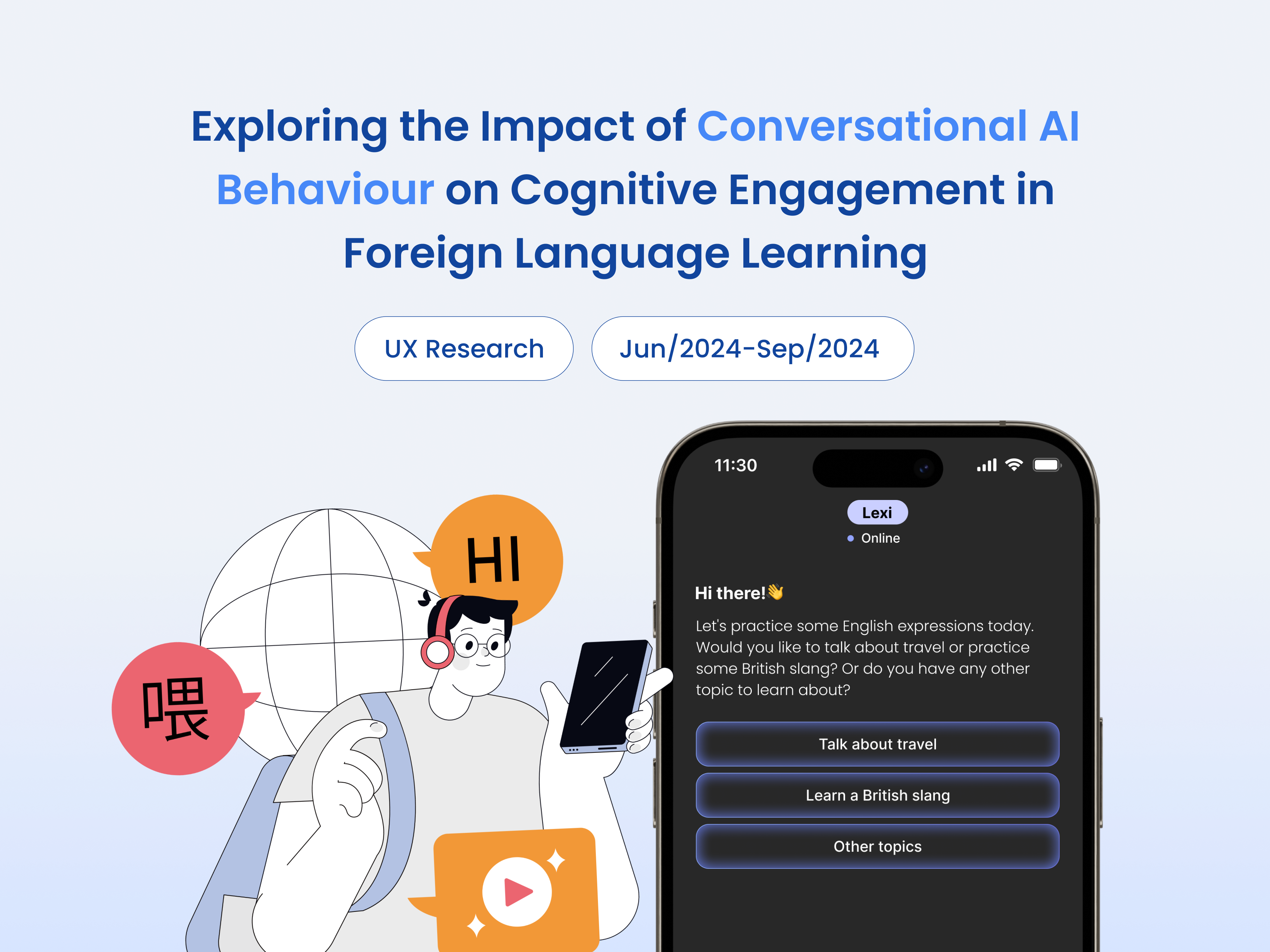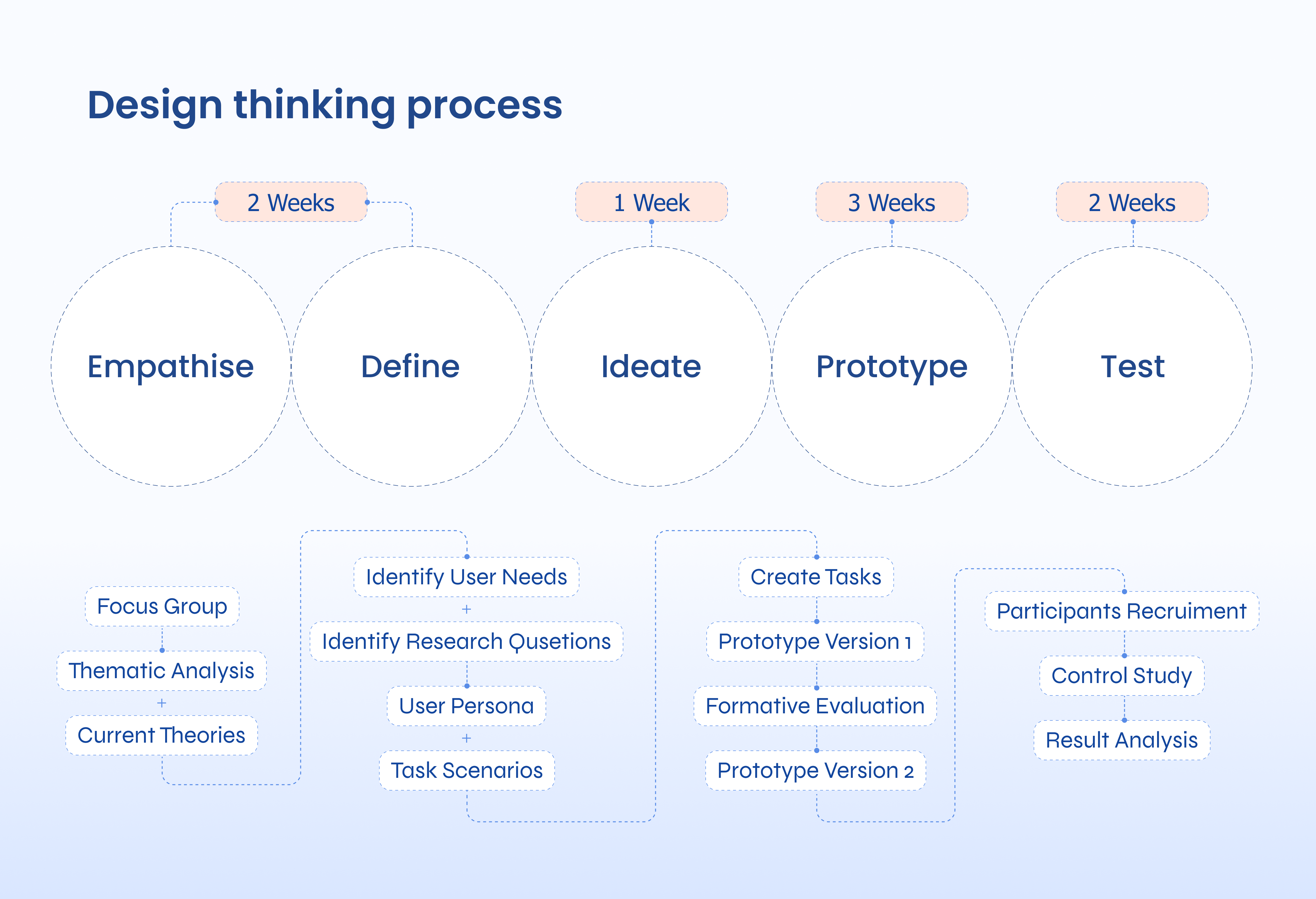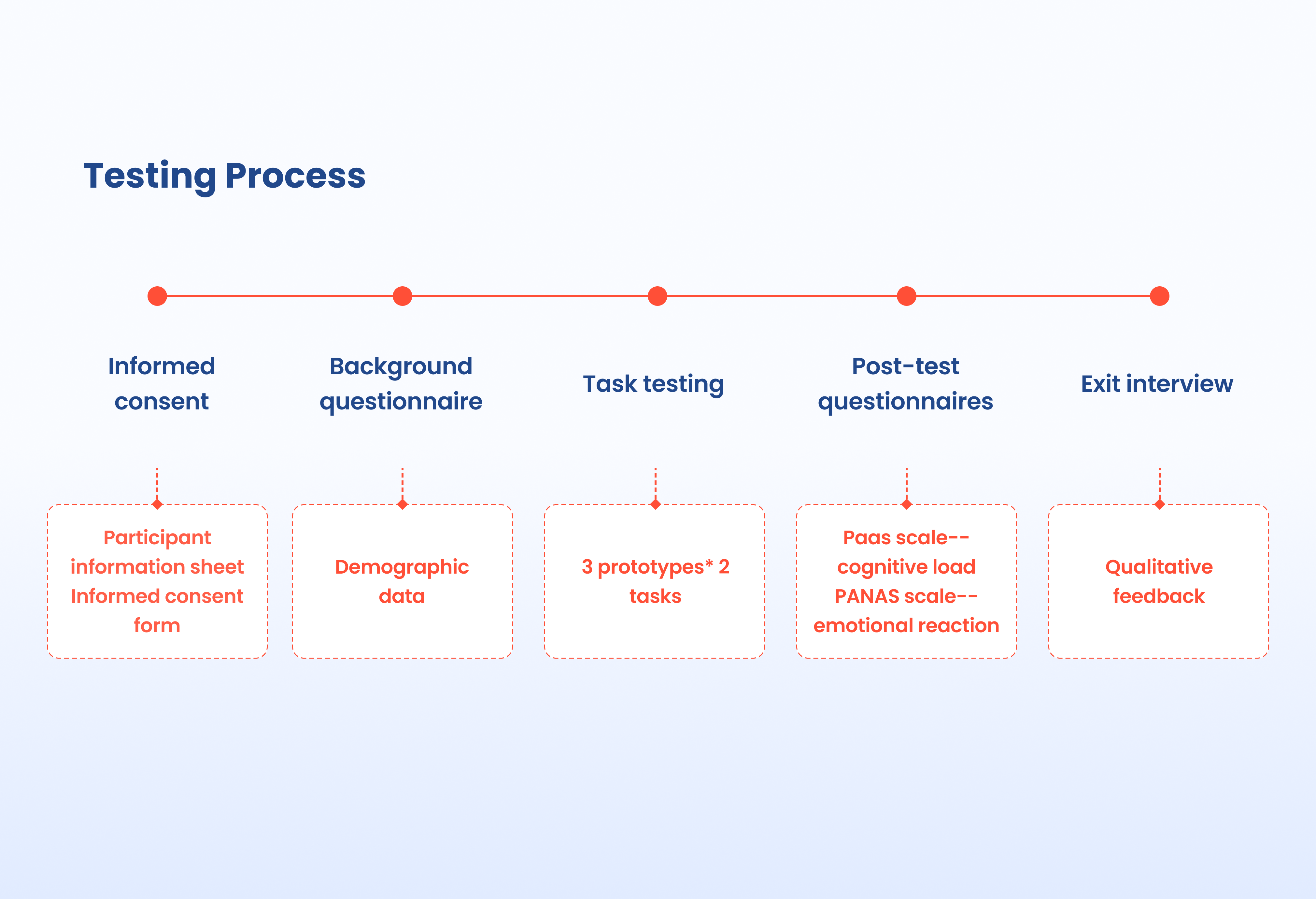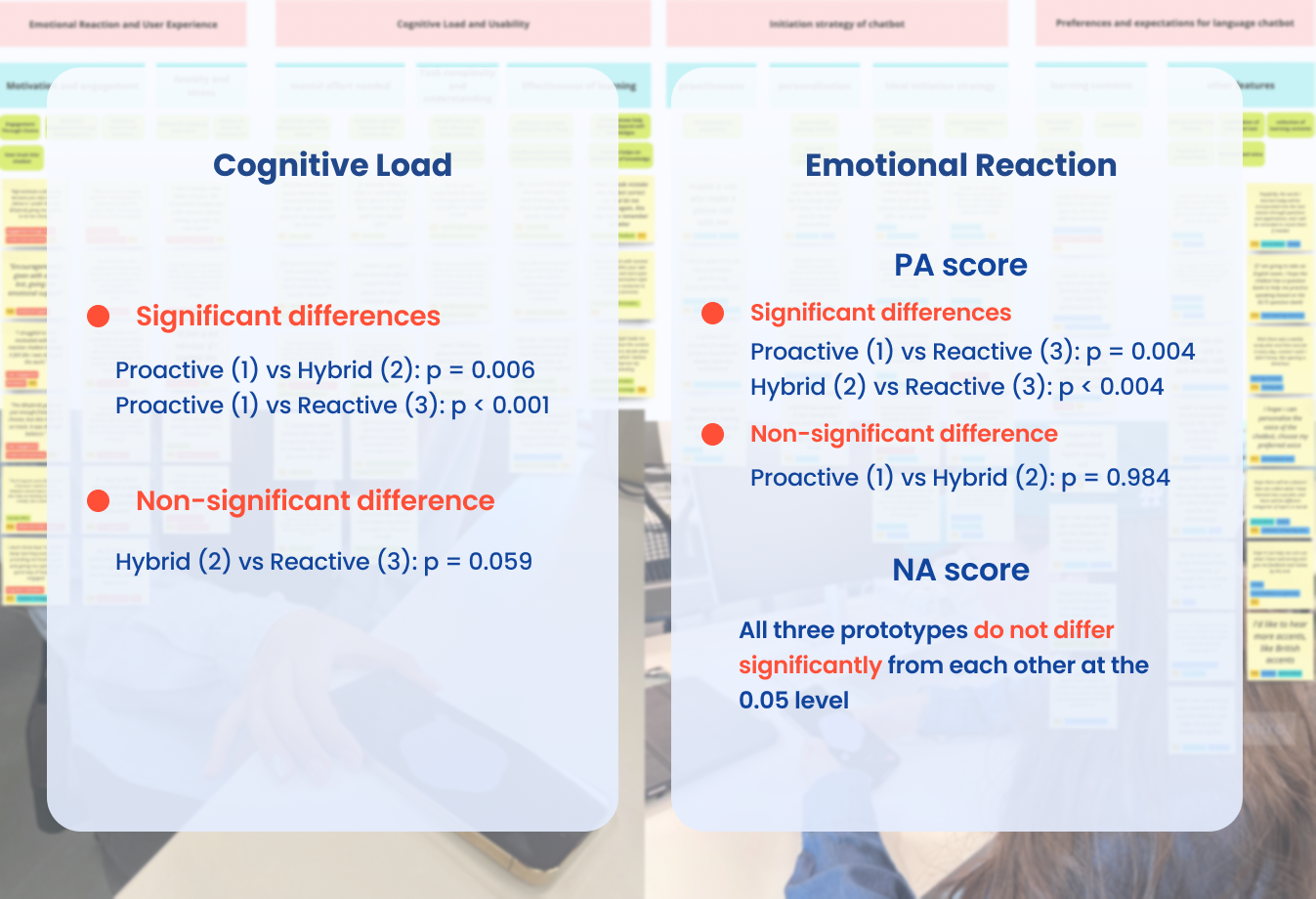
Yumiao Zhang
I am an empathy-driven UX designer dedicated to crafting human-centered digital experiences that make a real difference in people's lives. I thrive on challenges and finding creative solutions, with a strong focus on design details to ensure seamless user journeys.







